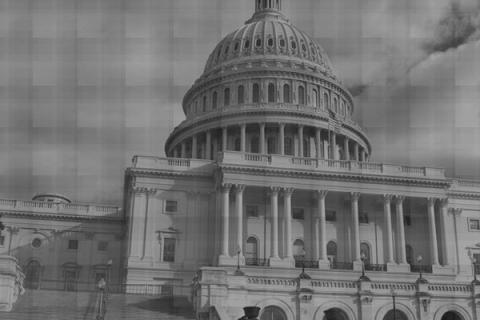It's April 20th (or 4/20) and already the search term "4/20" has shot up Google's trends along with "4/20 meaning." With so many myths surrounding "National Weed Day," or "Marijuana Appreciation Day," as it's also called, this is an important opportunity to clear up the facts about 4/20 while pondering its meaning for California.
On 4/20 last year, The Huffington Post humorously (and perhaps accurately) reported that, "The origin of the term 420, celebrated around the world by pot smokers every April 20th, has long been obscured by the clouded memories of the folks who made it a phenomenon."
It's been often-repeated that 4/20 was some kind of police code for a marijuana violation in progress. Other myths abound, including that 420 is the penal code section related to marijuana use in the State of California, or it's the number of different chemicals in the cannabis plant, or even that it's the date that some celebrity (usually a stoner) died.
All of these are false, though 4/20 did originate in California. It started with a group of teenage, pot-smoking friends in the early 1970s, who would meet at the same statue in San Rafael, California every afternoon at 4:20 to smoke weed. Somehow it became a nationwide, and now globally-recognized euphemism for the recreational use of the cannabis plant, transforming into an annual holiday and corresponding subculture.
The fact that 4/20 originated in the Golden State shouldn't come as a surprise at all, because somehow, the trouble with marijuana always starts in California. In 1996, California was the very first state to legalize the medicinal use of marijuana, in contradiction to Federal laws. Lack of enforcement (now an official part of the current administration's crime policy) allowed the practice to continue, and even spread to 13 other states.
Now California seems to be leading the away again, with the Tax Cannabis Act, to legalize the cultivation, possession, and use of marijuana for strictly recreational purposes. While the rest of the nation doesn't seem ready for such a sweeping change in drug policy (with only 33% favoring legalization and 55% opposing it in a recent AP-CNBC poll), a majority of Californians welcome it, and the decision will be up to them when the Tax Cannabis initiative hits the ballots this November.

